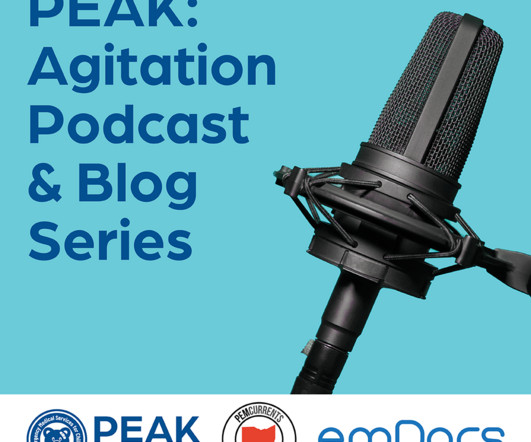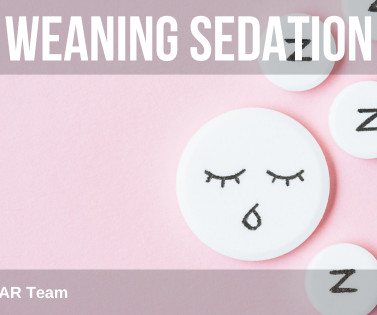Does this T wave pattern mean anything?
Dr. Smith's ECG Blog
OCTOBER 23, 2023
She had an uneventful ICU course and was extubated for ongoing care with the inpatient psychiatric service. Macroscopic T-Wave Alternans: A Red Flag for Code Blue. Teaching Points: 1. T wave alternans is characterized by variation in T-wave morphology in the setting of consistent pacemaker and QRS morphology. (1) J Am Coll Cardiol.




























Let's personalize your content